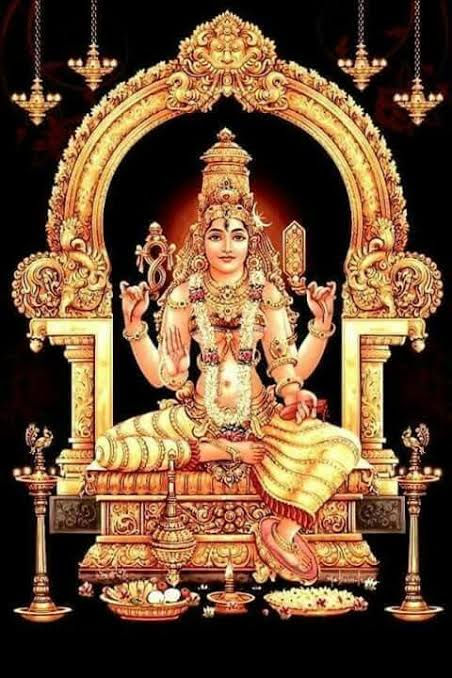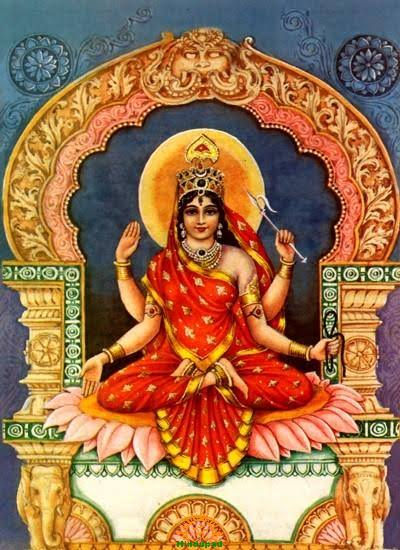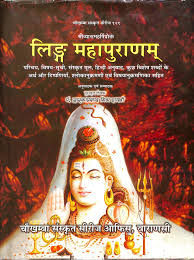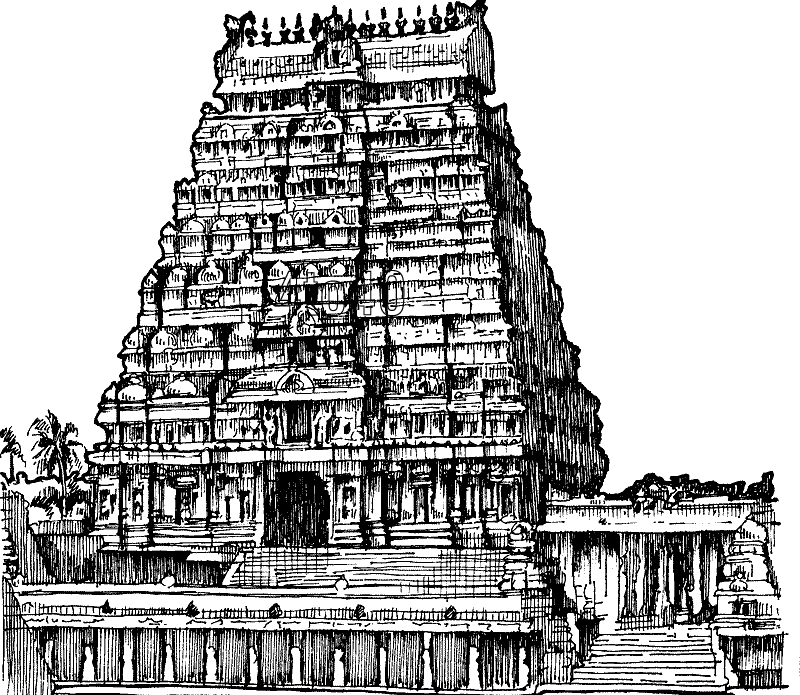LALITHA SAHASRANAMAM # 220
- S Subramaniam
- Aug 8, 2023
- 2 min read
LALITHA SAHASRANAMAM

महाभोगा महैश्वर्या महावीर्या महाबला ।
महाबुद्धिर् महासिद्धिर् महायोगेश्वरेश्वरी ॥ ५५॥
Mahabhoga Mahaishvarya Mahavirya Mahabala Mahabhudir Mahasirdhir Mahayogeshvareshvari – 55
महैश्वर्या (220)
Mahaishvarya (220)
Meaning:
Devi possesses the greatest wealth (Aishwarya) of this creation. Aishvarya means wealth and in this context it refers to the wealth in the form of Devi's grace.

Interpretation
In this Namah Maha means greatest. and Aishwarya refers to wealth. It covers three things such as prosperity, the basic meaning of the term, the indestructible wealth - the knowledge and the ultimate wealth - the divine bliss. The Divine Mother possesses the greatest wealth and therefore is called Mahaishwarya. She liberally showers these qualities on her devotees.
Origin of the word Aishwarya
The word Aishvarya is derived from the word ईश meaning supreme, powerful, Lord or God as in the phrase - ईशावास्यमिदं सर्वं – God certainly resides in all this. Therefore the term Aishwarya in Mahaishwarya should be understood as to mean the Divine Wealth.
Quotes from various scriptures:
That the term Aishwarya refers to wealth can be found is several texts, a few of them are quoted below:

Quote from Linga Puranam
In the Linga Puranam we find the following shloka. In Chapter 6 of the Puranam, sage Narada mentions about Ravana worshiping Lord Shiva at various holy places such as Brahma theertham, Indra theertham, Surya Kundam, Neela Lohita theertham and Sapta Samudra theertham.
नीललोहित-लिण्गं तु यत्र सम्पूज्य यत्नतः
ऐश्वर्यम् अतुलं लेभे रावणो लोक-रावणः
At this place Ravaṇa worshiped the
Liṇgam form of Lord Śiva and attained incomparable power and wealth.

Quote from Sri Bhakti Rasamrita Sindhu
ज्ञानं विरक्तिर् ऐश्वर्यं शौर्यं तेजो बलं स्मृतिः ।
स्वातन्त्र्यं कौशलं कान्तिर् धैर्यं मार्दवम् एवच॥
Sri Rupa Goswami, in his composition Sri Bhakti Rasamrita Sindhu, mentions the constant worship of Lord Vishnu will enable a true devotee to get several things such as : knowledge (gnanam), absence of sense of enjoyment (virakti), enormous wealth - the divine bliss (Aishwarya), bravery (souryam) etc.

Quote from Bhagavad Gita:
In Bhagavad Gita too find the mention of the term Aishwarya in quite a few places, notably during the Vishwaroopa darshan.
न तु मां शक्यसे द्रष्टुम् अनेनैव स्व-चक्षुषा ।
दिव्यं ददामि ते चक्षुः पश्य मे योगम् ऐश्वरम् ॥
Hay Arjuna you are certainly unable to see Me with the material eyes you have now. Therefore, I confer upon you divine eyes to behold My mystic opulence. (here, in this context, opulence stands for wealth or the divine bliss)
Author's Notes:
Vaag Devi-s have applied the term Aishwarya in this Namah to refer to have a twin meaning - to wealth as well as to the divine bliss.

For an ordinary devotee, wealth is very important. He worships Devi to seek from her different kinds of wealth such as materialistic wealth, wealth of knowledge, wealth of success (in good olden days it stood for victory in war - even Lord Rama sought it).
But the inner meaning is slightly different. It refers to the ultimate wealth which is the Divine bliss. This is what the sadakas seek grom Devi, who in her form as Mahaishwarya bestows it upon them.
Disclaimer: All matters contained in this article are the property of www.templesofasia.com. The opinions expressed in this article are purely that of the author. The author alone is responsible for the accuracy, authenticity, completeness and validity of all the information in the article.


Comments